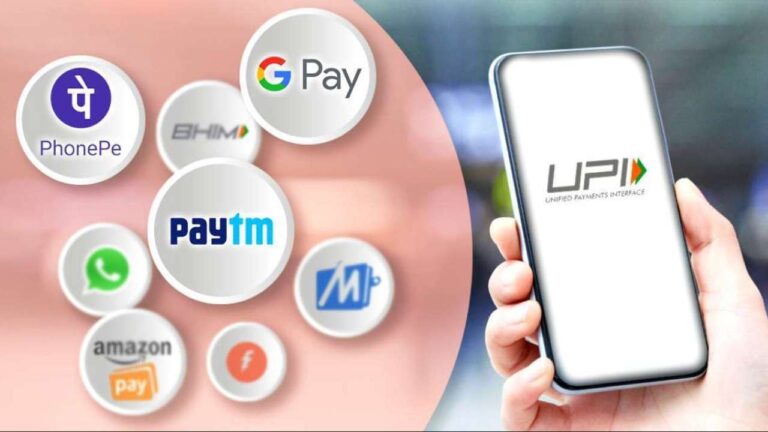India’s payment regulator is set to decide today whether to impose limits on the dominance of Walmart-owned PhonePe and Google Pay in the country’s rapidly expanding mobile payments market. The decision could significantly impact how over a billion Indians exchange money.
According to TechCrunch, the decision focuses on the Unified Payments Interface (UPI), a network supported by more than 50 retail banks that has transformed how Indians make payments—from groceries to taxi fares. UPI handles over 13 billion monthly transactions, making it one of the world’s largest digital payment networks and the most popular online transaction method in India.
The Issue at Hand
At the center of the discussion is a rule proposed by the National Payments Corporation of India (NPCI), under the Reserve Bank of India, which aims to limit any single company from processing more than 30% of UPI transactions.
First proposed in 2020, the rule, if implemented, could significantly affect PhonePe (holding a 47.8% market share) and Google Pay (with 37.1%).
Implications for PhonePe and Google Pay
The rule poses challenges for PhonePe, valued at $12 billion and backed by Walmart. The company plans to go public via a major IPO but has expressed concerns about regulatory uncertainty.
PhonePe CEO and Co-founder Sameer Nigam stated, “If there is regulatory instability, we can’t move forward with the IPO.” He added, “If an investor is buying shares at ₹100 based on our 48-49% market share, they’ll face uncertainty about how and when that share will drop to 30%.”
Nigam urged regulators to either resolve their concerns differently or provide clarity on their expectations.
Opportunities for Smaller Fintech Startups
Restricting the ability of PhonePe and Google Pay to onboard new users or process transactions could open the market for smaller fintech startups, TechCrunch noted.
However, the regulators have postponed implementing the cap multiple times—from the original January 2021 deadline to 2023 and now to 2025. There’s speculation they may further delay or increase the limit to 40%.
Balancing Innovation and Competition
Critics argue that imposing market share limits could impact consumer experience. Others see this as an attempt to balance technological innovation and market competition in India’s growing tech ecosystem.
UPI has been a cornerstone of Prime Minister Narendra Modi’s digital economy initiative, which aims to reduce reliance on cash. It allows instant bank transfers using simple identifiers like mobile numbers, simplifying transactions for millions.
Global Interest in India’s Digital Economy
The decision represents a significant regulatory intervention in India’s tech sector, which has attracted massive investments from global giants like Walmart, Google, and Meta. With a young and growing digital population, India remains a critical growth market for these companies.
This ruling could redefine the dynamics of the digital payments ecosystem while reflecting the delicate balance India must maintain between fostering innovation and ensuring fair competition.



 About Us
About Us
Comment